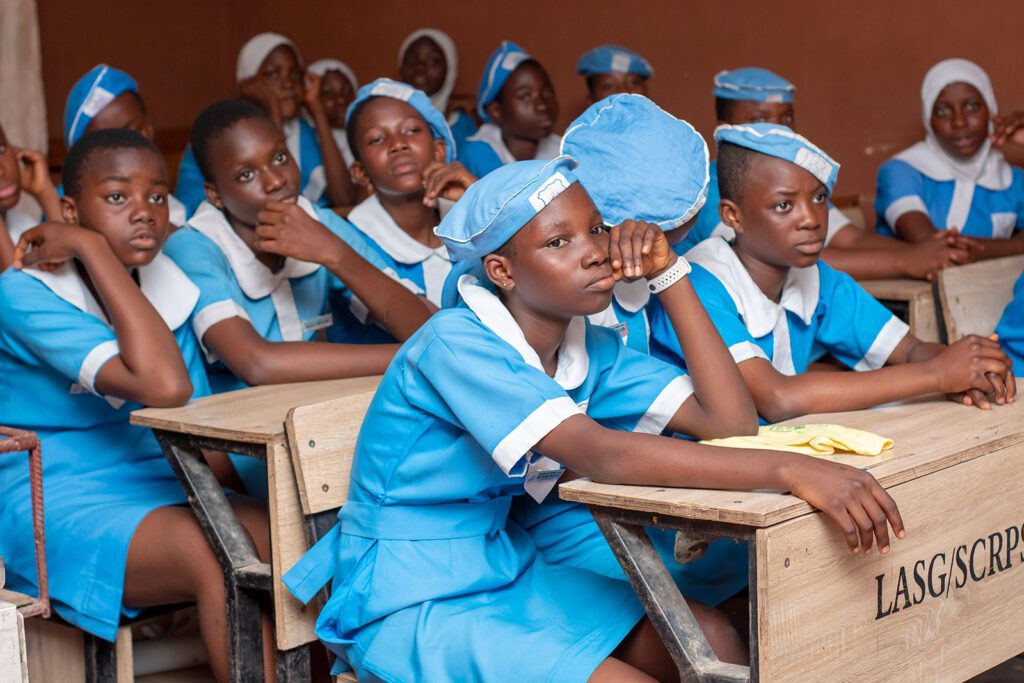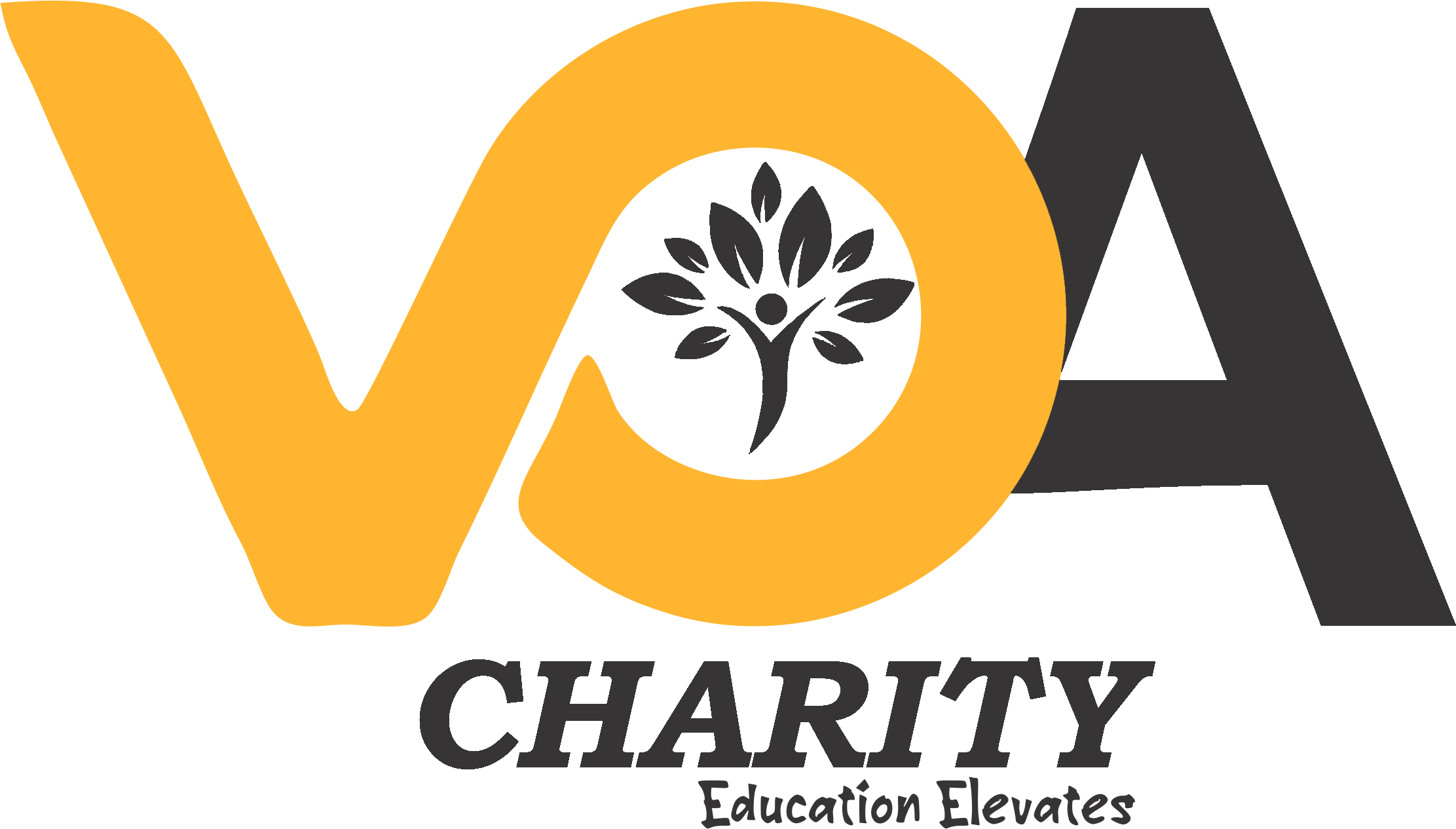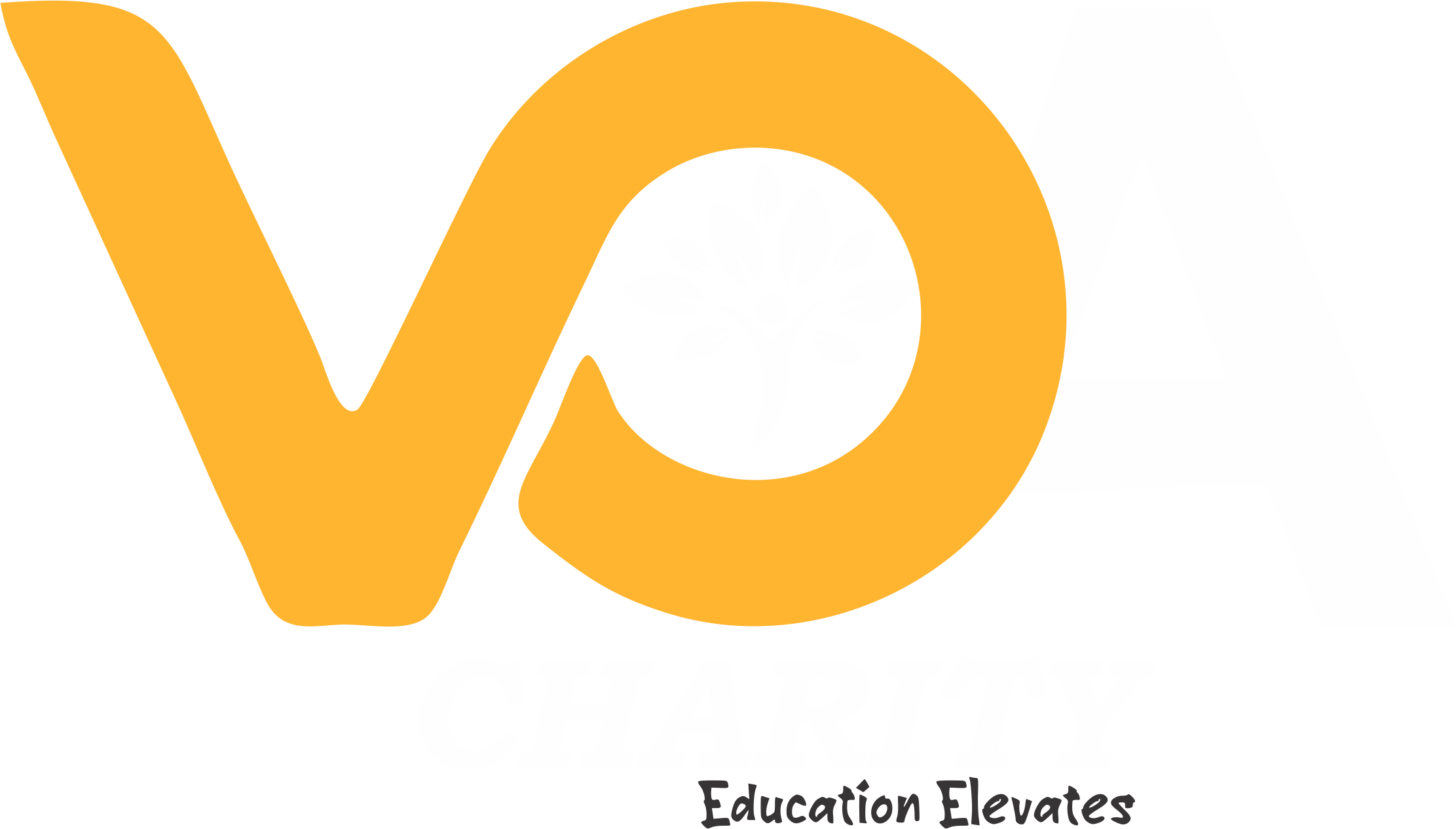There is a sense of urgency and a call to action. Today, I want to draw your attention to a critical issue that demands our collective focus and concerted efforts – the alarming gap in education in Nigeria. This gap, this disparity, is not just a statistical anomaly; it is a chasm that threatens the very foundation of our society, hindering progress, perpetuating inequality, and limiting the potential of the future of our children.
Education is the bedrock upon which the future of any society is built. It is the key that unlocks the doors of opportunity and empowers individuals to break free from the chains of poverty. However, as we look at the educational landscape in Nigeria, it is impossible to ignore the glaring gaps that exist between different segments of our population. These gaps manifest in various forms, from disparities in access to quality education to discrepancies in educational outcomes.

In urban centers, we often find well-equipped private schools with qualified teachers, good enough facilities, and educational resources. A few percentages of the society can afford the private education while majority struggle to keep their children (especially teenagers) in schools. Public schools are plagued by insufficient infrastructure, a shortage of qualified educators, and a lack of access to basic educational resources. This creates a stark contrast, where the quality of education becomes a privilege rather than a fundamental right.
Furthermore, we must address the gender gap that persists in education. Girls, in particular, face unique challenges that impede their access to education. Cultural norms, early marriages, and limited opportunities often conspire to rob young girls of their right to learn and grow. This is not just a disservice to these individuals but a detriment to our society as a whole, as it deprives us of the valuable contributions that these young minds could make to our nation’s development.
The gap in education is not solely about physical infrastructure or the number of textbooks in a classroom. It is most importantly about the quality of education, the relevance of the curriculum, and the capacity of our educational system to prepare our youth for the challenges of the modern world. In an era of rapid technological advancement, we cannot afford to look away and leave our significant population behind in the huge gap.
So, what can we do to bridge this gap? First and foremost, we must prioritize education as a national imperative. Adequate funding must be allocated to the country’s budget and appropriately applied to ensure that Nigerian children have access to quality infrastructure, well-trained teachers, and up-to-date educational resources. We must invest not only in the quantity but also in the quality of education from primary to tertiary education especially in Sciences, Technology, Engineering, Arts and Mathematics (STEAM).
Additionally, we must tackle societal norms and cultural barriers that limit access to education with intrinsic solutions. Education is a universal right, and we must work to create an environment that encourages and facilitates the education of every child, regardless of gender or socio-economic background.
Furthermore, collaboration is key. Governments, non-governmental organizations, community leaders, companies, entertainers, and individuals must come together to develop holistic solutions. By pooling our resources and expertise, promoting the culture of giving back, we can create sustainable initiatives that address the root causes of the education gap and pave the way for a more inclusive, equitable educational system and address generational poverty.
In conclusion, the gap in education in Nigeria is not just a challenge; it is a call to action. We cannot afford to ignore the potential that lies untapped in the minds of our youth. They are our greatest resource and remain untapped. Let us stand united in our commitment to bridge this gap, to create a future where every child can receive a quality education and contribute to the progress of our great nation. Together, we can build a prosperous Nigeria for generations to come.
Thank you.
Olabisi Adekoya Ph.D
Founder
VOA Foundation and Charity





